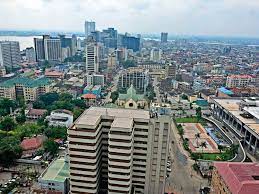Nigeria’s public debt has witnessed a staggering 75.29% increase in just three months, reaching a record ₦87.38 trillion at the close of the second quarter of 2023, according to the Debt Management Office (DMO). This astronomical rise is compared to the ₦49.85 trillion recorded at the end of March 2023.
The DMO disclosed these alarming figures in a report released on Thursday. Notably, this colossal debt includes ₦22.71 trillion in Ways and Means Advances from the Central Bank of Nigeria to the Federal Government.
In its statement, the DMO clarified, “Nigeria’s total public debt stock as at June 30, 2023, was ₦87.38 trillion ($113.42 billion). It comprises the total domestic and external debts of the Federal Government of Nigeria, the thirty-six states, and the Federal Capital Territory. The major addition to the Public Debt Stock was the inclusion of the ₦22.712 trillion securitized FGN’s Ways and Means Advances.”
The report highlighted that the surge in debt was primarily due to new borrowings by both the Federal Government and the various states from local and external sources. While the specific sources of these new loans were not detailed in the report, it underscores the challenges Nigeria faces in managing its rising debt profile.
The DMO’s statement also offered a glimmer of hope, stating, “The reforms already introduced by the present administration and those that may emerge from the recommendations of the Fiscal Reform and Tax Policies Committee, are expected to impact debt strategy and improve debt sustainability.”
Nigeria’s escalating debt levels have been a growing concern among economists and policymakers, raising questions about the country’s ability to service these obligations in the long run. As the government grapples with finding a balance between economic growth and debt management, the latest figures emphasize the urgency of addressing the country’s debt crisis to ensure its economic stability in the future.















